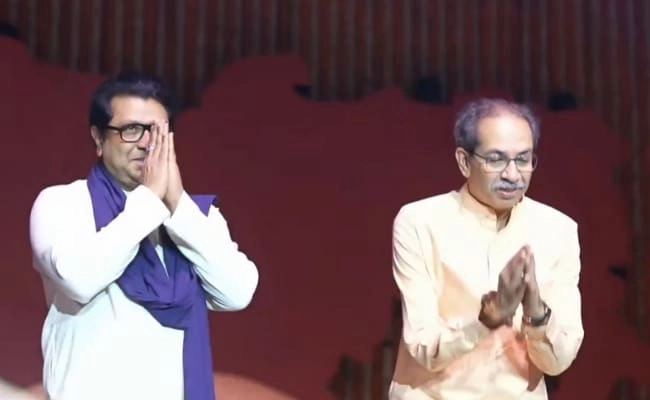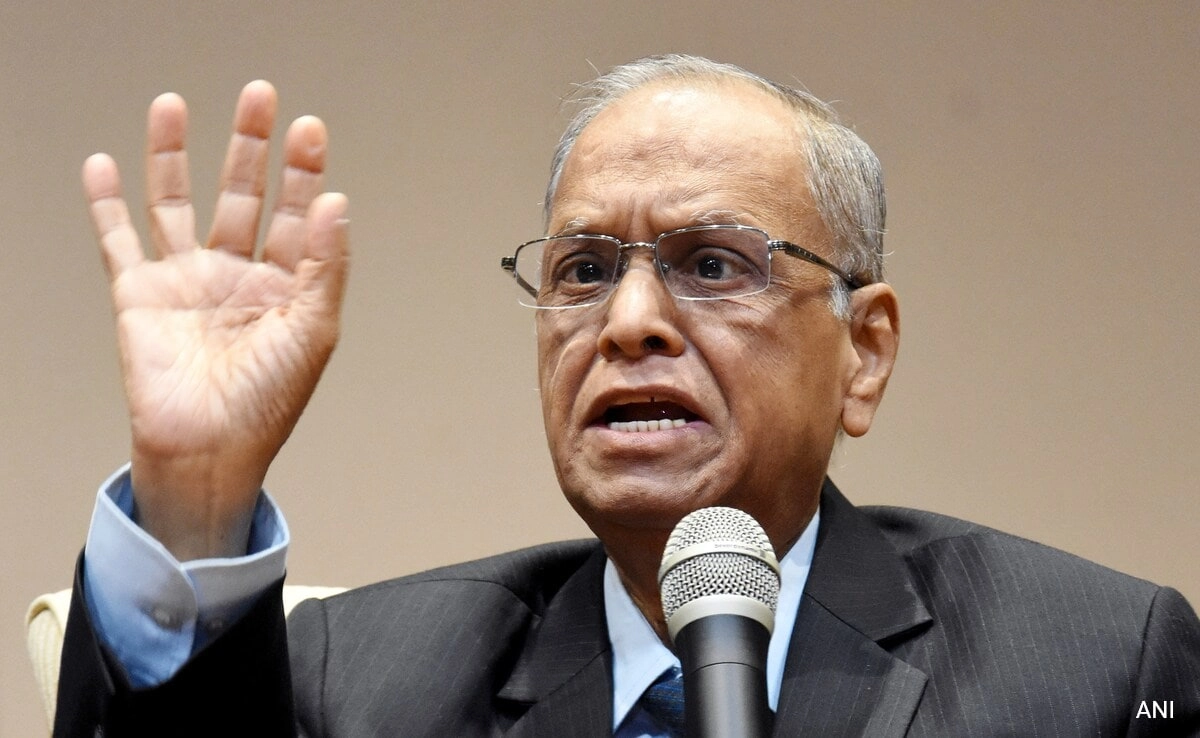In a disturbing incident that has garnered significant media attention, a video surfaced showing the son of a prominent leader from the Maharashtra Navnirman Sena (MNS) in a drunken state, behaving inappropriately towards a woman who was speaking Marathi. The footage has sparked outrage across social media platforms, as many viewers expressed their shock and dismay at the blatant disrespect and aggression displayed by the individual. The context of the video highlights not only a personal misconduct but also raises broader questions about the societal attitudes towards women and the responsibilities of public figures and their families.
The video captures a scene where the intoxicated individual, apparently unaware of the gravity of his actions, hurls abuses at the woman, demonstrating a blatant disregard for her dignity. This incident is particularly troubling given the cultural significance of language in Maharashtra, where Marathi is not just a means of communication but also an integral part of the identity and pride of its speakers. By targeting a woman for speaking her mother tongue, the perpetrator’s actions reflect a deeper issue of misogyny and a lack of respect for linguistic heritage. Such incidents contribute to a growing discourse on the need for greater accountability among leaders and their families, especially when they are in positions of influence.
Public reaction to the video has been swift and fierce, with many calling for accountability and action against the MNS leader’s son. Social media has become a platform for voices demanding justice and for a more respectful discourse towards women in society. Activists and citizens alike have condemned the behavior exhibited in the video, urging authorities to take the matter seriously and to ensure that such acts do not go unpunished. This incident has sparked discussions about the need for societal change, emphasizing the importance of respect for all individuals, irrespective of gender or linguistic background.
As the outrage continues to unfold, it serves as a reminder of the ongoing struggles for women’s rights and respect in various parts of India. The incident is not an isolated case but rather a reflection of pervasive issues that many women face daily. It highlights the urgent need for cultural shifts that promote equality and respect, urging public figures to be held to higher standards of conduct. The hope is that this incident will catalyze further discussions on the treatment of women in society and encourage actions that lead to meaningful change.




